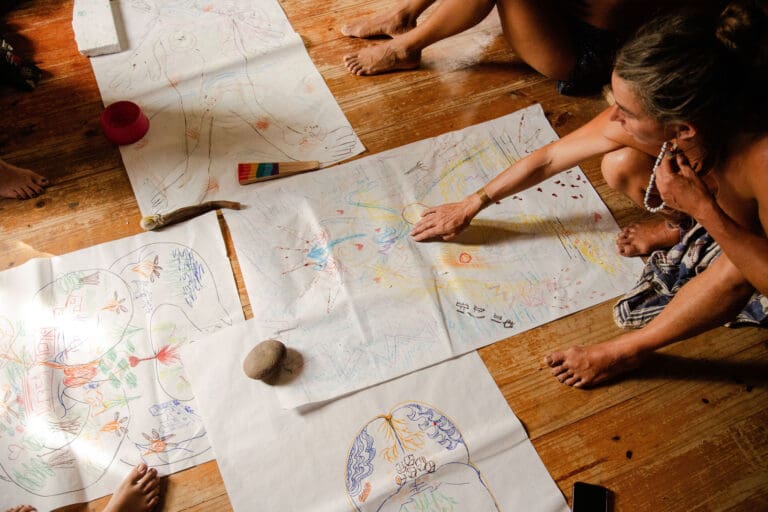In this interview, Oluwanifemi Ologunorisa, ORA program coordinator, had the opportunity to connect with a passionate multimedia journalist and ORA Africa Fellow from the 2023 cohort whose work is defined by resilience, advocacy and a commitment to empowering future generations. With her work rooted in Ubuntu philosophy which emphasizes the significance of shared humanity and community, Agnes Oloo highlights her dedication to underreported environmental issues and her passion for mentoring the next generation of journalists. She offers insights into the challenges and triumphs of impactful storytelling that gives a voice to the voiceless.

Who are you, and what motivates you?
I am many in one: a voice for the voiceless, a public informer, and someone with a hard to kill spirit. Determination to achieve is my other name, and I believe deeply in Ubuntu, which is the essence of a shared humanity. Despite the many challenges I have faced, I maintain a positive spirit. I am a strong believer in empowering all generations and helping them to see possibilities and press on for success.
What inspired you to pursue multimedia journalism?
My passion for journalism began during my secondary school education, when students were paired with school parents from the teaching staff to promote close teacher-student interaction. After completing the Kenya Certificate of Secondary Education (KCSE), I received a newspaper advertisement for a Journalism College recruitment from my school parent, the late Mr Kubayi. He recommended the Journalism school to me. We were seven (7) students in our school house, and our parents had mastered the strength of each of us and ensured that after high school we were all well placed to pursue the right courses in college that would later expose us to remain competitive in the marketplace. Afterwards, I decided to major in environment, conservation and climate change because I realized that these topics were underreported in Kenya.

How do you find beauty and fulfillment in your work?
I focus on video production and reporting on environment, conservation, biodiversity and climate change. The diversity and complexity of these topics create an urge to keep going and unravel what comes next. Journalism is an interesting profession; it is the space where you get to equally interact with people of different caliber in the same measure. The most fulfilling moment comes when I successfully give voice to the voiceless to inform a meaningful action and change.
What challenges do you face in your work, and what lessons have you learned from them?
Journalists face many harsh realities of life which are rarely confronted. This includes long working hours with low pay and physical attacks from various quarters. These challenges underscore the need for resilience. Journalists are voice to the voiceless even though we don’t have defenders.
How has your work created impact, and what is your vision for the future?
The question of how to measure the impact of media coverage has been around for a long time. Journalism provides the public with influential information beyond public opinion, and so has my work enlightened communities to inform action. I am a product of mentorship by people who have gone before me. I look forward to mentoring young journalists who are passionate about reporting on polycrisis.
Can you share your memorable experience you have had in the ORA community?
The ORA fellowship was transformative, offering invaluable interaction with professionals and scholars, who promoted new ideas and inspirations. The in-person ORA-Africa event in Nairobi, Kenya was a reminder of the diversity of humanity with different beliefs. The sharing of knowledge and experiences with fellows from other countries was the climax and highlight of the fellowship.
What projects are you currently working on?
I am still spreading the Polycrisis crusade differently with the right attitude to impact those that are young in the profession. My focus is to keep pushing for community impacts to leave a mark in the line of duty. Currently, I am working on a climate change training manual for journalists interested in mastering climate change reporting. In addition, I am focusing on detailing Biodiversity coverage.
How do you define and practice resilience in your daily life?
Resilience for me involved processing and reflecting on the daily assignments and focusing on decompressing work pressures. I draw strength from meditation and focusing on the impacts of the work which rejuvenates my motivation.







